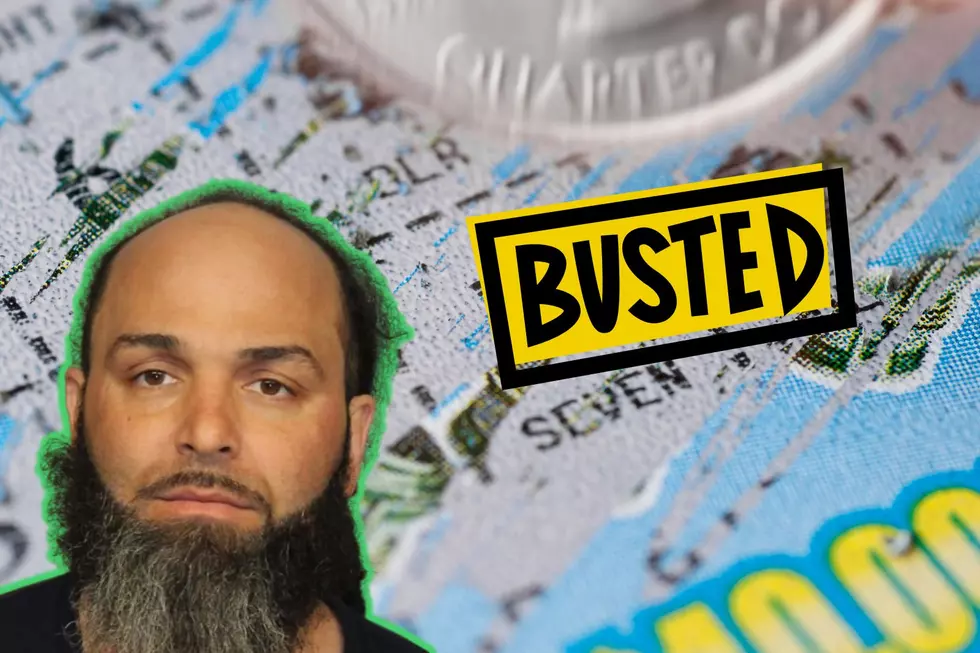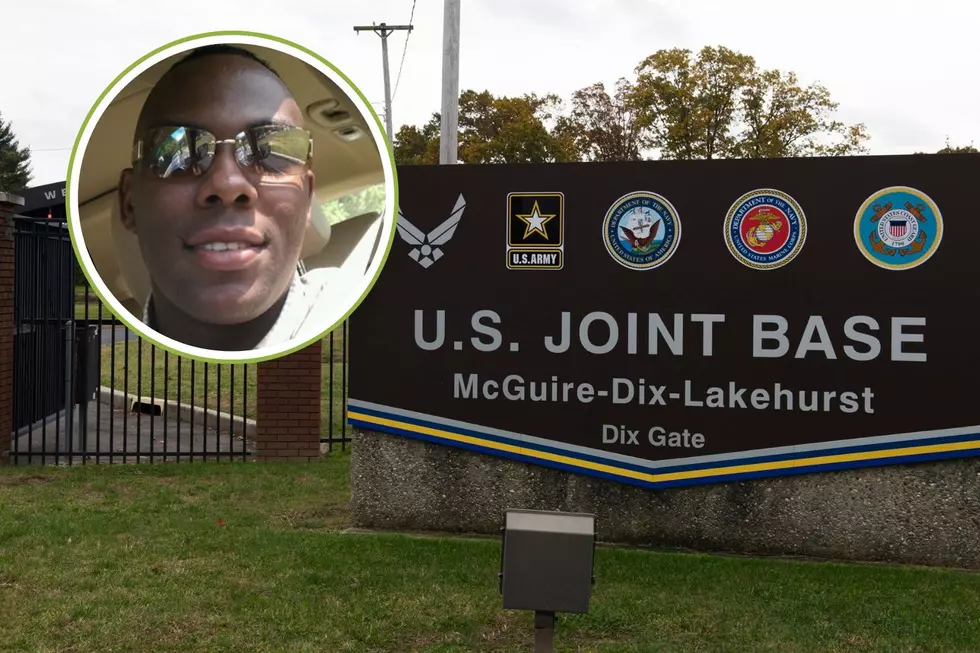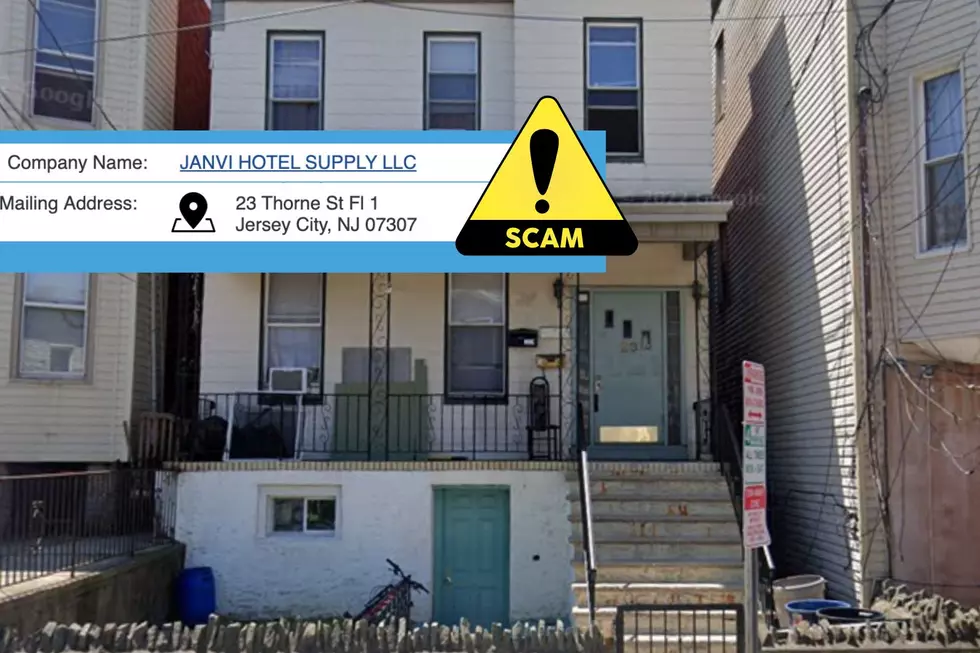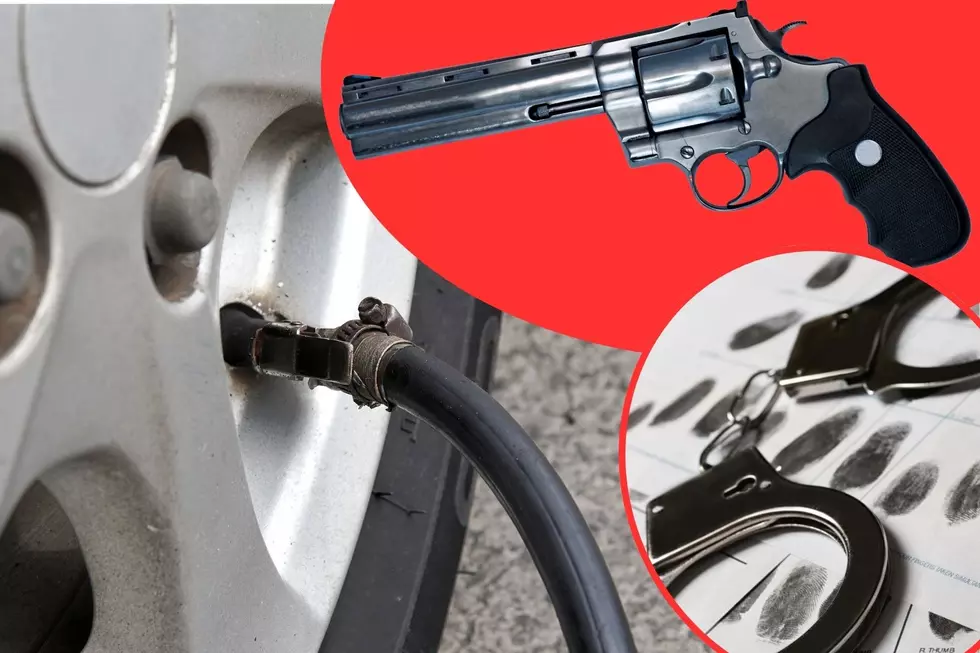
Child sex trafficking victims: Does NJ treat them like criminals?
We hear about kids going missing all the time in New Jersey.
Sometimes they return home without incident, but according to the National Center for Missing and Exploited Children, 1 in 7 runaways are likely child sex trafficking victims.
The Garden State has strict laws to punish adults who use minors for prostitution, pornography and other sexually related activity, but a new push is on to change the way victims of this abuse are treated by authorities.
According to Linda Smith, the president of Shared Hope International, children who are forced to in essence become sex slaves in New Jersey may still initially be arrested for the very crime that is committed against them.
She said if a raid is carried out and an underage boy or girl forced into prostitution is found at the scene, he or she may be handcuffed, arrested, charged, strip-searched and placed behind bars before the facts are sorted out in court.
“So you’ve already criminalized them, and you’ve already victimized them. What other victim goes to jail for the crime committed against them?" Smith asked.
Even when a minor ultimately is found to be an innocent victim “there’s a bias in the population and in the legislators that says 'you know, she’s a prostitute, or he’s a prostitute, well they have to be culpable, somehow they’re responsible,'" she said.
Smith said the culture of current law in New Jersey, when it comes to children who have been deceived or snatched out of foster care by adult traffickers, is to say “well, she’s sort of a victim, but she or he is also sort of a criminal and we really can arrest them."
"Now any other law, they would be victim of rape, they would be a victim of abduction,” Smith said.
Smith noted federal law clearly spells out a minor cannot consent to his or her own victimization, which means “they cannot to being used commercially in sex, by prostitution, performance or pornography — therefore they are a victim of the crime.”
She stressed the United States has set a standard of protecting children, but in this case that is not happening.
“How would you like to be put in jail for a while if you were the rape victim?" she said.
She said eight years ago, Shared Hope's annual report card gave New Jersey a grade of D for its handling of child victims of human trafficking. The latest review finds the Garden State is now one of 25 states to get a grade of B. Ten states have been given a grade of A in changing child sex trafficking laws.
Smith said New Jersey has made important strides in cracking down in human trafficking, but still lags behind in the way the victims of these crimes are initially handled, so more work needs to be done.
“If the culture is they’re kind of bad, we still treat this victim as a kind of criminal, what does the jury think, what would society think?”
She said New Jersey’s human trafficking law doesn’t require proof of force, fraud or coercion if the victim is a minor, and convicted sex trafficking offenders do face stiff penalties — but they are not required under state law to register as sex offenders.
“We want the law to be changed so these children are being treated as victims of a crime and then connected to the proper services," Smith said. “Under 18 we don’t make children culpable for the crime committed against them. We want to align to the federal law that says that child under 18 is a victim of a crime.”
So what needs to be done to improve the treatment of sex trafficking victims who are minors?
Smith said there are better ways law enforcement can deal with kids when a trafficking or prostitution raid is carried out.
“They will take them into custody but you don’t have to handcuff them. You don’t have to put them in jail to process them," Smith said.
After they are brought into custody, “you figure out where to put them. Some will say 'Well, we don’t have any place.' Well we don’t get away with that with any other category of child. We don’t get away with that," Smith said.
She said creating a diversion system to deal with minors who have been victimized may not be easy, but it must be done.
“You need to have an overall understanding that this an overall violation of these children’s right to protection. They cannot be both considered a victim and a criminal,” said
She said Shared Hope International is working on specific legal measures that New Jersey could enact.
You can contact reporter David Matthau at David.Matthau@townsquaremedia.com
More from New Jersey 101.5:
More From New Jersey 101.5 FM









